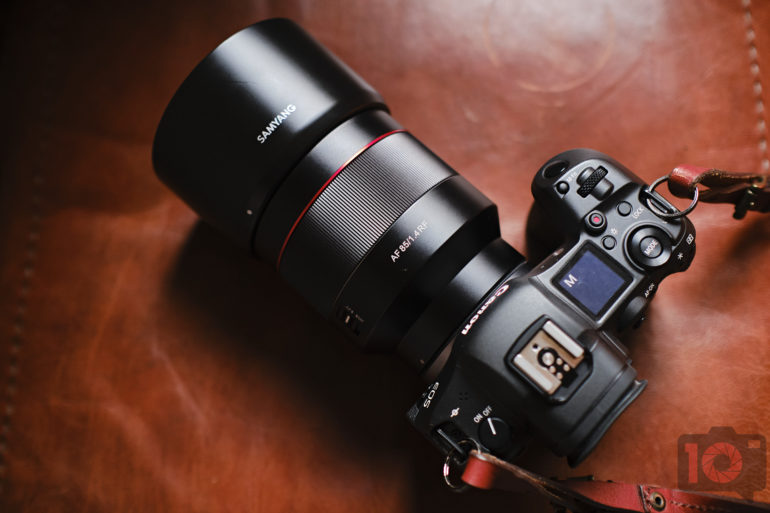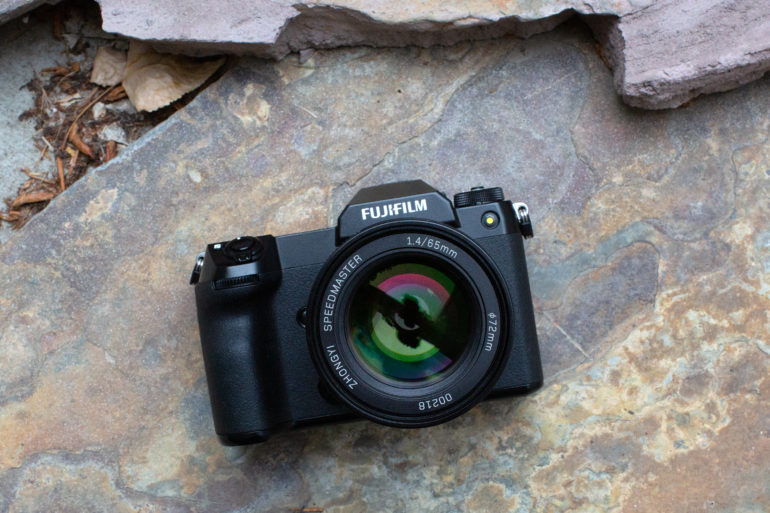
Back in the DSLR days, manufacturers like Samyang/Rokinon represented the low end of the lens market. They were all manual focus and, if we are being honest, the build quality was nothing to write home about. The worst part was that buying one of those sometimes felt like a lottery; performance would be inconsistent from one copy to the next. As such, those lenses would only ever be considered by hobbyists on the lower end of the budget. Thankfully, the landscape changed quite a bit in the photography world. Chinese and Korean manufacturers have stepped up their game and are delivering the goods. And the words “Made in Japan” are starting to lose their appeal.
We hate banner ads too. Download our app for iOS, iPad, and Android and get no banner ads for $24.99/year.
As mirrorless technology became readily available, features like focus peaking brought manual focus to the masses. It was easier and faster to use those lenses accurately, therefore the community was less reluctant to give them a chance. From there, manufacturers started popping up everywhere: Kipon, Mitakon, 7artisans, Venus Optics. And it wasn’t long before some of those lenses got autofocus of their own with Samyang or Viltrox, sometimes matching higher-end Japanese lenses with both image quality and build quality, giving OEMs a run for their money.
The Rise of Chinese and Korean Lenses
The Laowa line from Venus Optics is one of the finest examples of the rise of Chinese manufacturers. Their lenses are all metal with handling more reminiscent of Zeiss classics than anything else. Besides excellent build, the almost zero distortion characteristic of their zero-D lenses is a technical achievement unmatched by the competition.
Samyang is also a long way from the “cheap plastic” manufacturer it used to be. Their 85mm f1.4 RF was priced the same as Canon’s f2, while giving us a brighter aperture and the weather resistant construction Canon doesn’t provide. All that in a package lighter and more discrete than the chunky L series f1.2. Even without pricing considerations, it was an attractive lens. Most primes Samyang has put out recently on the Sony E mount are no slouch, striking a healthy balance between photographers who wants to travel light and those who love to pixel peep.
Innovation Outside of Japan
Today, Chinese manufacturers are also filling holes not yet addressed by OEM. Laowa is providing the widest field of view on the GFX platform with their 17mm f4, and Viltrox is bringing the only ultra-wide, ultra-fast prime available for the X mount, making the entire X line more appealing to vloggers and astrophotographers who wouldn’t have previously considered Fujifilm APS-C.
In both instances, Fujifilm can be thankful. Those offerings not only allow more photographers to invest in the system without breaking the bank, they also provide options Fujifilm doesn’t, mitigating the risk of jumping ship for a camera system with a more complete lineup.
The Exotic Lenses the Japanese Don’t Want to Make
Ultra-bright lenses with an ultra-shallow depth of field are marketing headlines Chinese manufacturers have been enjoying. The Kipon 40mm f0.85 or the various f0.95 from Mitakon or TTartisans are bringing a full-frame look to APS-C shooters, a medium format look to full-frame shooters, or simply a bokeh fix to those willing to introduce a taste of that little something in their images. Smaller sensors have always been plagued by what some would consider a lack of bokeh, but these lenses certainly remedy that.
Better Pricing
Photography is an expensive hobby but it should not be limited to an elite crowd. Lenses close to or below $100 have a place as a gateway for beginners who want to experiment or learn the attributes of various focal lengths. We should all own one of those: one that is fun to shoot and let’s us worry more about capturing a moment than pixel peeping our corner sharpness
Of course, not all lenses are equal. Not all brands will deliver the same standard, quality control, and performance. But there is a lot of good coming out at all price points now. Maybe the one thing lagging is our level of expectations due to the association the industry makes when we hear “Made in China” or “Made in Korea.” Luckily, you have us at The Phoblographer to tell you all about it.








